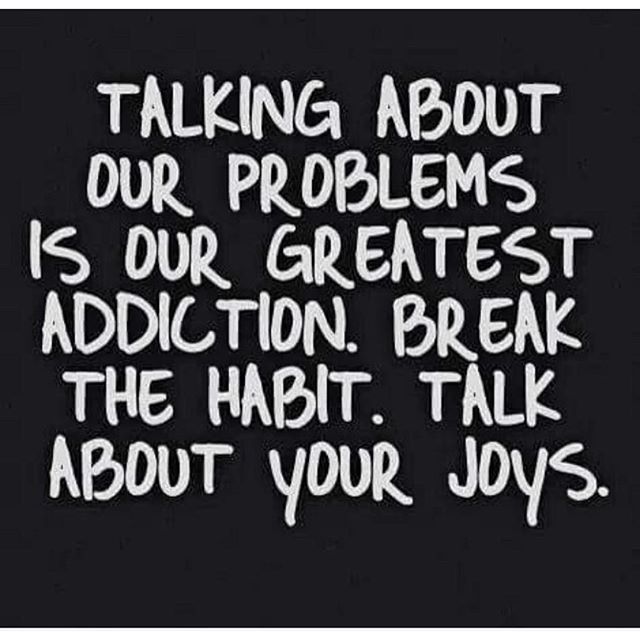“The biggest challenge for even the most focused, though, comes from the emotional turmoil of our lives, like a recent blowup in a close relationship that keeps intruding into your thoughts. Such thoughts barge in for a good reason: to get us to think through what to do about what’s upsetting us.”
– Daniel Goleman his book: “Focus”
“The dividing line between fruitless rumination and productive reflection lies in whether or not we come up with some tentative solution or insight and then can let those distressing thoughts go—or if, on the other hand, we just keep obsessing over the same loop of worry.”
– Daniel Goleman his book: “Focus”

Here in MKMM, I am learning, not only to have discipline but to be frightful to my mental diet.
I’ve been used (and programmed) to concentrate all my focus in the negative things. The problem arises when the negative things are not only the thing that have happened to me but the negative things might happen. Things that only exist in my mind, that only exist in my imagination.
“Tightly focused attention gets fatigued—much like an overworked muscle—when we push to the point of cognitive exhaustion. The signs of mental fatigue, such as a drop in effectiveness and a rise in irritability… The antidote to attention fatigue is the same as for the physical kind: take a rest.
The most restful settings are in nature, argues Stephen Kaplan at the University of Michigan, who proposes what he calls ‘attention restoration theory.’
Such restoration occurs when we switch from effortful attention, where the mind needs to suppress distractions, to letting go and allowing our attention to be captured by whatever presents itself.
Here the 1st scroll from “The Greatest Salesman in the World”, By Og Mandino comes in place:
Today, I begin a new life. Today I shed my old skin, which hath, too long, suffered the bruises of failure and the wounds of mediocrity. Today I am born anew and my birthplace is a vineyard where there is fruit for all. Today I pluck grapes of wisdom from the tallest and fullest vines in the vineyard, for these were planted by the wisest of my profession who have come before me, generation upon generation. Today I savor the taste of grapes from these vines and verily…Today my old skin has become as dust. I walk tall among men and they know me not, for today I am a new man, with a new life!


The other day, I was talking to my husband about a recent post I read from Ryan Holiday, about the value of the practise of “negative visualization.” This is something that all greater thinkers talk about, not just Marcus Aurelius, especially when we think in terms of strategy. Which I imagine is a huge part of your professional habits. I thought about it in the context of the 7 Day Mental Diet, by Emmet J Fox. I find the description of “negativity” by Fox, helpful. I wondered if there is a balance to this. Is there a line we cross, in the practice of “negative visualization”, in that we hold in our “focus” the negative visualization, perhaps dwell on it? It’s one thing to be prepared for potential negative situations. There is very real value to that practice. And entirely another to focus on the potential negative to the point that we dwell on it, and inadvertently create the negative experience.
“The most restful settings are in nature, argues Stephen Kaplan at the University of Michigan, who proposes what he calls ‘attention restoration theory.’” Thank you for this, I want to look him up. I love nature and I find that my daily walks are a huge part of day!!!
LikeLike